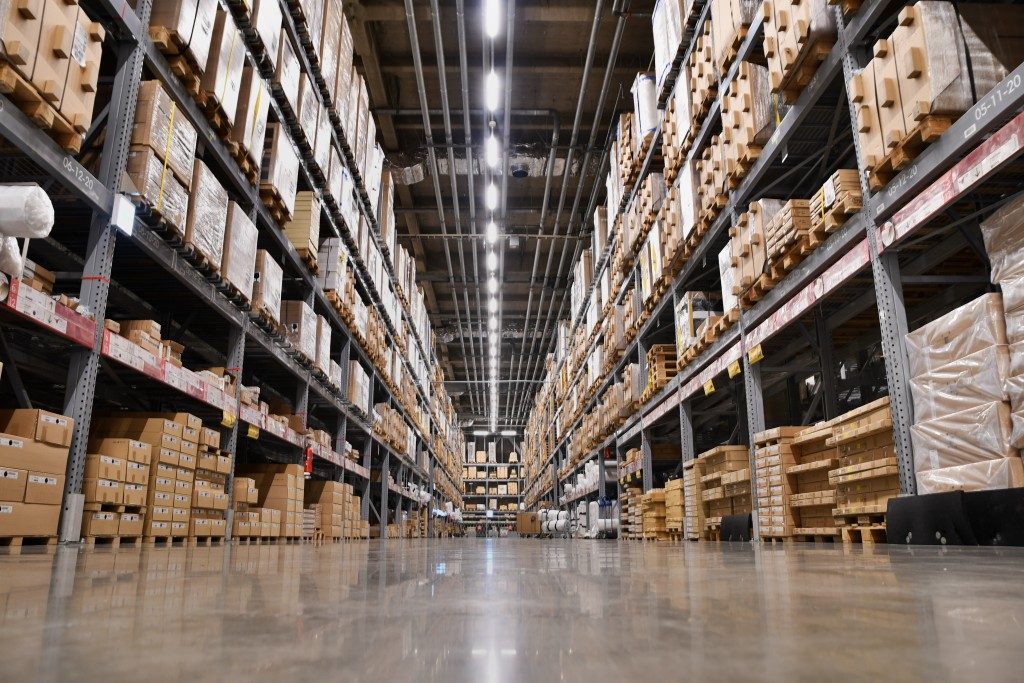Communication plays a huge role in every organization, whether it’s a small business, a huge company, or even a small team in charge of a project. Lack of communication wouldn’t only lead to lack in direction and coordination but can lead to life-threatening situations (for example, forgetting or not being able to warn workers to evacuate a certain area).
And when it comes to warehouses, communication can range from face-to-face interactions, emails, SMS, two-way radios, over the phone, and even though the use of light signals and announcements over the speaker. However, what some warehouses neglect is having a list filled with the contact information of each important stakeholder and other external entities that can affect or contribute to the warehouse’s operations.
That said, we’ll be taking a look at the essential contact information that every warehouse should have:
Your Own Contact Information
When an emergency occurs, it’s not uncommon for warehouse managers and staff to forget even their own contact information (address, email, phone number) out of panic. That said, when you’re making your own contact list, don’t forget to put your warehouse’s own contact information at the top, you’ll never know when you might need it.
Managers and Employees
By now, you should already have a complete directory (with more than just the phone number and email) of your warehouse staff. However, many forget to regularly update their directory. That said, it’s important to let managers know that they should update the contact information of their staff at least once a year, in case of any changes in their email or phone numbers.
Clients
It’s also essential to keep a database of all your past and current clients. In the warehouse industry, these contact information are key in updating your clients with regards to the status of their goods, and also to notify them if there are any issues that may have come up — such as receiving damaged goods, and so on. It’s not necessary to put these on your go-to contact list, but you may want to consider adding your more frequent clients.
Emergency Services
This really goes without saying, but it’s important that you have the contact number for your local emergency services. Warehouses are prone to fire and injuries, which is why it’s best to have a direct line with the fire station and ambulance services. You may also want to consider partnering with or setting up an emergency response team to allow for faster and better communication in case of any incidents. For non-emergency medical needs, it’s also good to have the contact information of your occupational physician in case some of your warehouse staff start experiencing body pain and other issues while on the job.
Utility Company
Even if you have your own generator and water pump, it’s just as important to have the phone number of your utility provider handy in case of any issues. You should also include the full contact information of your internet and phone provider.
Equipment and Vehicle Maintenance and Repair Services

Lastly, your contact list should have the contact information of every company and service provider for each and every equipment and vehicle you have in your warehouse. For example, if you have Zebra mobile printers to print your packing labels, you should have the phone number and email address (or even the website) of an accredited Zebra printer repair company. Same goes for your forklifts and trucks.
The Take-Away
Communication is indeed important to guarantee the smooth operation of your warehouse and also in case of emergencies, but it’s just as important to know which parties and individuals with whom you’ll need to have the contact information of.

